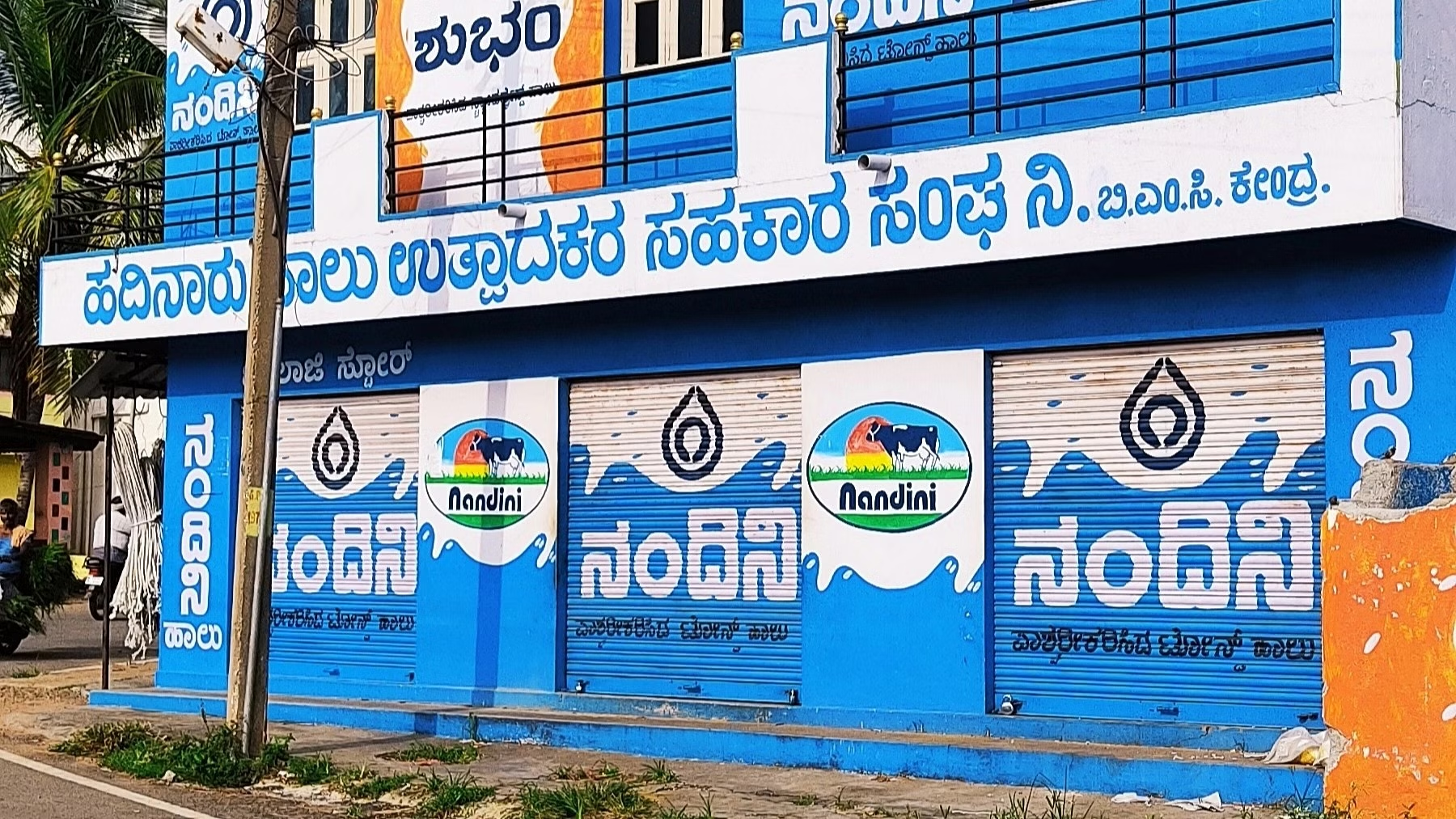Historical Background
The roots of Nandini Cooperative trace back to the formation of KMF in 1974. The cooperative was born out of the need to support local dairy farmers and ensure a steady income for them. The primary objective was to create a structured, reliable dairy supply chain that would benefit both producers and consumers.
The cooperative movement in Karnataka was inspired by the success of the White Revolution in India, which aimed to increase milk production and improve rural livelihoods. The establishment of KMF marked a significant step towards achieving these goals in Karnataka. The Nandini brand emerged as a product of this initiative, symbolizing quality and reliability in dairy products.
Success and Achievements
Nandini Cooperative’s success is reflected in its substantial growth and market presence. Over the decades, it has become a leading dairy brand in Karnataka, known for its wide range of products and commitment to quality. Here are some key milestones and achievements:
- Extensive Network: Nandini Cooperative operates a vast network of dairy farms and processing units across Karnataka. As of recent reports, KMF supports over 2.7 million dairy farmers and has established more than 16,000 dairy societies across the state.
- Product Range: Nandini offers a diverse portfolio of dairy products, catering to various consumer needs. Its product range includes:
- Milk: Available in various forms, including full cream, toned, and double toned milk.
- Curd and Buttermilk: Popular staples in South Indian cuisine.
- Paneer and Cheese: Includes varieties like paneer cubes, slices, and grated cheese.
- Flavored Milk: Such as chocolate and strawberry-flavored milk.
- Ice Cream: A wide selection of flavors to cater to different tastes.
- Quality and Safety Standards: Nandini Cooperative places a strong emphasis on quality control. The processing units adhere to stringent hygiene and safety standards, ensuring that the products are safe and fresh. Regular checks and modern technology help maintain high-quality standards across all products.
- Economic Impact: Nandini Cooperative has had a significant impact on Karnataka’s rural economy. By providing a stable market for milk, it has helped improve the livelihoods of millions of dairy farmers. The cooperative model ensures fair pricing and supports farmers through various welfare schemes and initiatives.
Opportunities for Opening Nandini Parlours
In recent years, Nandini Cooperative has expanded its footprint through the establishment of Nandini Parlours. These parlours offer a unique business opportunity for aspiring entrepreneurs and serve as an effective means to bring Nandini’s products closer to consumers. Here’s a closer look at the opportunities and benefits of opening a Nandini Parlour:
- Business Model and Support: Opening a Nandini Parlour involves partnering with KMF, which provides comprehensive support and guidance. This includes assistance with setting up the parlour, supply chain management, and marketing. The cooperative offers a structured framework for operations, making it easier for entrepreneurs to establish and run their businesses.
- Product Supply: Nandini Parlours benefit from a steady supply of high-quality products directly from the cooperative. This ensures that customers have access to fresh and reliable dairy products. The diverse product range allows parlour owners to cater to a wide variety of consumer preferences.
- Brand Recognition: Nandini’s established reputation and strong brand presence provide a competitive edge. As a well-known and trusted brand, Nandini attracts a loyal customer base, which can contribute to the success of new parlours.
- Marketing and Promotion: KMF supports Nandini Parlours through marketing and promotional activities. This includes advertising campaigns, promotional materials, and community outreach programs. Such support helps parlour owners effectively market their businesses and attract customers.
- Revenue Potential: The demand for dairy products in Karnataka is consistently high, providing a strong revenue potential for Nandini Parlours. With the right location and effective management, parlour owners can achieve profitable returns.
- Social Impact: By opening a Nandini Parlour, entrepreneurs contribute to the local economy and support the cooperative’s mission of uplifting dairy farmers. The parlour model helps strengthen the supply chain and ensures that the benefits of the cooperative reach more communities.
Challenges and Considerations
While the opportunities are promising, there are also challenges associated with opening and running a Nandini Parlour. These include:
- Initial Investment: Setting up a parlour requires an initial investment in infrastructure, equipment, and inventory. It is important for potential owners to carefully plan their finances and assess the cost implications.
- Competition: The dairy market can be competitive, with various players vying for consumer attention. Effective marketing, excellent customer service, and a strategic location are crucial for standing out in the market.
- Operational Management: Running a parlour involves managing daily operations, including inventory control, customer service, and financial management. Entrepreneurs need to be prepared to handle these aspects efficiently.
Conclusion
Nandini Cooperative’s journey from a small dairy initiative to a leading brand in Karnataka is a testament to its success and impact on the dairy industry. With its extensive product range, strong quality standards, and support for local farmers, Nandini has carved a niche for itself in the market. The opportunity to open Nandini Parlours offers aspiring entrepreneurs a chance to be part of this successful story, benefiting from the cooperative’s established reputation and comprehensive support. As Karnataka continues to grow, Nandini Cooperative stands as a symbol of sustainable development, quality, and entrepreneurial opportunity in the dairy sector.





